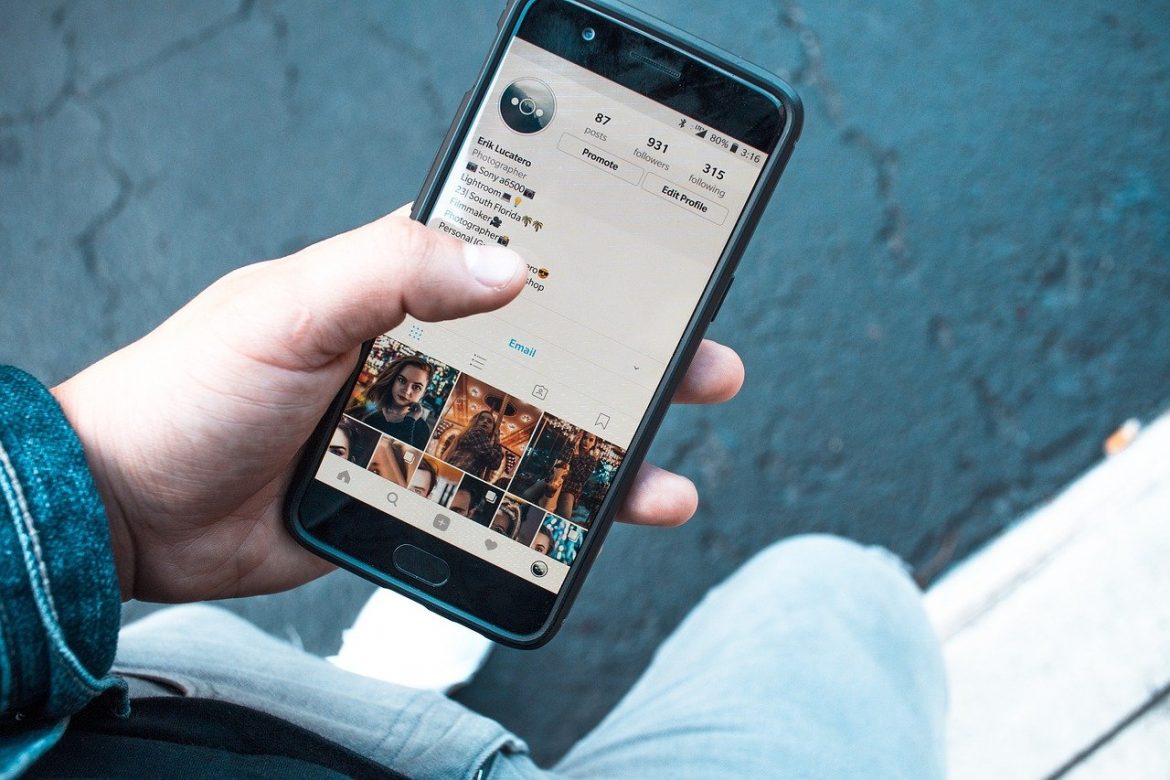People are beginning to feel more inadequate as millions of social media users tend to post only positive parts of their life.
People post carefully chosen images on social media app Instagram. These images tend to be highlights of their success rather than their failures.
The problem with this is that users of the app will regularly absorb and believe that it is real life, comparing what they see on Instagram to their own life. This can create a toxic environment for people’s mental health.
Instagram is a photo-based platform which is praised for its use of self-expression and self-identity. However, it is also paired with high levels of bullying, depression and anxiety.
Writing in the Jewish Chronicle, Rabbi Yoni Birnbaum said: “The pandemic has vastly accelerated this process. It has created a toxic mix which directly threatens the mental health, confidence and stability of our teens — and adults — to a far greater extent than anything we have seen previously.”
To tackle this issue, in 2017 the Royal Society for Public Health (RSPH) recommended introducing a ‘heavy usage’ pop-up warning, and highlighting when photos of people have been manipulated.
Benefits of Instagram
However, there are some benefits of Instagram: it enables community building, people across the world can become connected. It also creates business opportunities as businesses are able to recruit people via social media, plus you are able to promote products/businesses on your platform.
Womenswear designer and fashion blogger Grace Lotti said: “I have mixed feelings on Instagram as a whole. It really does have its perks such as paid work from brands I’d only dream of working with, gifting and I’ve made a lot of friends through here.
“It also has its many downfalls too, as I spend a lot of time creating content and sometimes I get disappointed as the engagement isn’t always great! So..this results in over analysing the number of likes/comments per post which can be quite disheartening and can knock my confidence big time!”
Stephen, a 24-year-old Londoner, took a year long break from Instagram after he developed unhealthy habits on Instagram.
“I was going through a bit of heartbreak at the time,” he said, “and any experience of seeing my ex’s name on Instagram killed me. I was pretty down and found myself predominantly using Instagram to either ‘punish’ myself by looking at my ex, or using the browse feature to distract me. I found myself looking at attractive women a lot when they’d come up in the browse feature, which would then cause more to be shown.
“I was getting to a point where I was feeding an unhealthy habit [of forming a warped view of women] and making myself feel worse.”
The 24-year-old wrote a dissertation about the negative affects Instagram has on wellbeing during his year away from the app.
Frequent user of Instagram Rebecca Emerton said: “I think you have to be careful with how much you get sucked into believing that it’s [Instagram] an accurate depiction of people’s lives.
“It can feel overwhelming when you see people living a ‘perfect’ or exciting life and you aren’t, and it provides a platform for people to make money from this false reality.”
Other research has found that the more social media networks a young adult uses, the more likely he or she is to report to have anxiety and depression.
RSPH said in order to reduce harmful effects of social media on young adults and children is to call on companies, such as Instagram, to make changes.
Student Mirenda Nguyen, said how she dealt with Instagram when she found it toxic. “I try not to go on it as much, I dealt with it by following self-gurus and positive quotes instead by following influencers.” she said.
Emerton explained how she stayed positive with Instagram: “I try to remind myself it is only a snapshot of someone’s life. And [I] make the effort to spend time in the real world away from Instagram. I also unfollow accounts I find becoming toxic.”
RSPH suggested that “safe social media use” should be taught during health education in schools and that “Social media isn’t going away soon, nor should it. We must be ready to nurture the innovation that the future holds.”
RSPH has hopes to empower young adults to use social media in a way that can protect their mental health and well-being.





